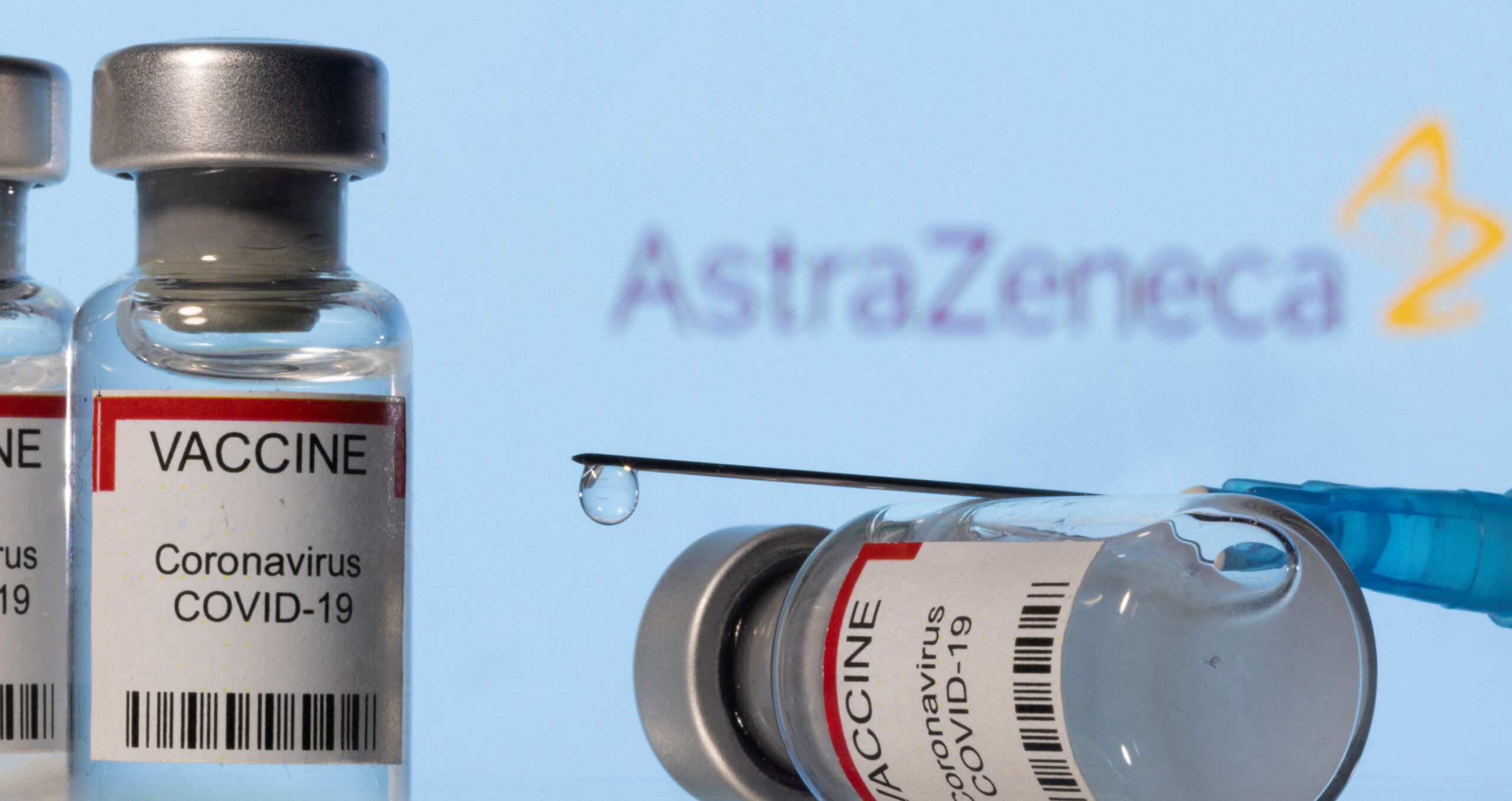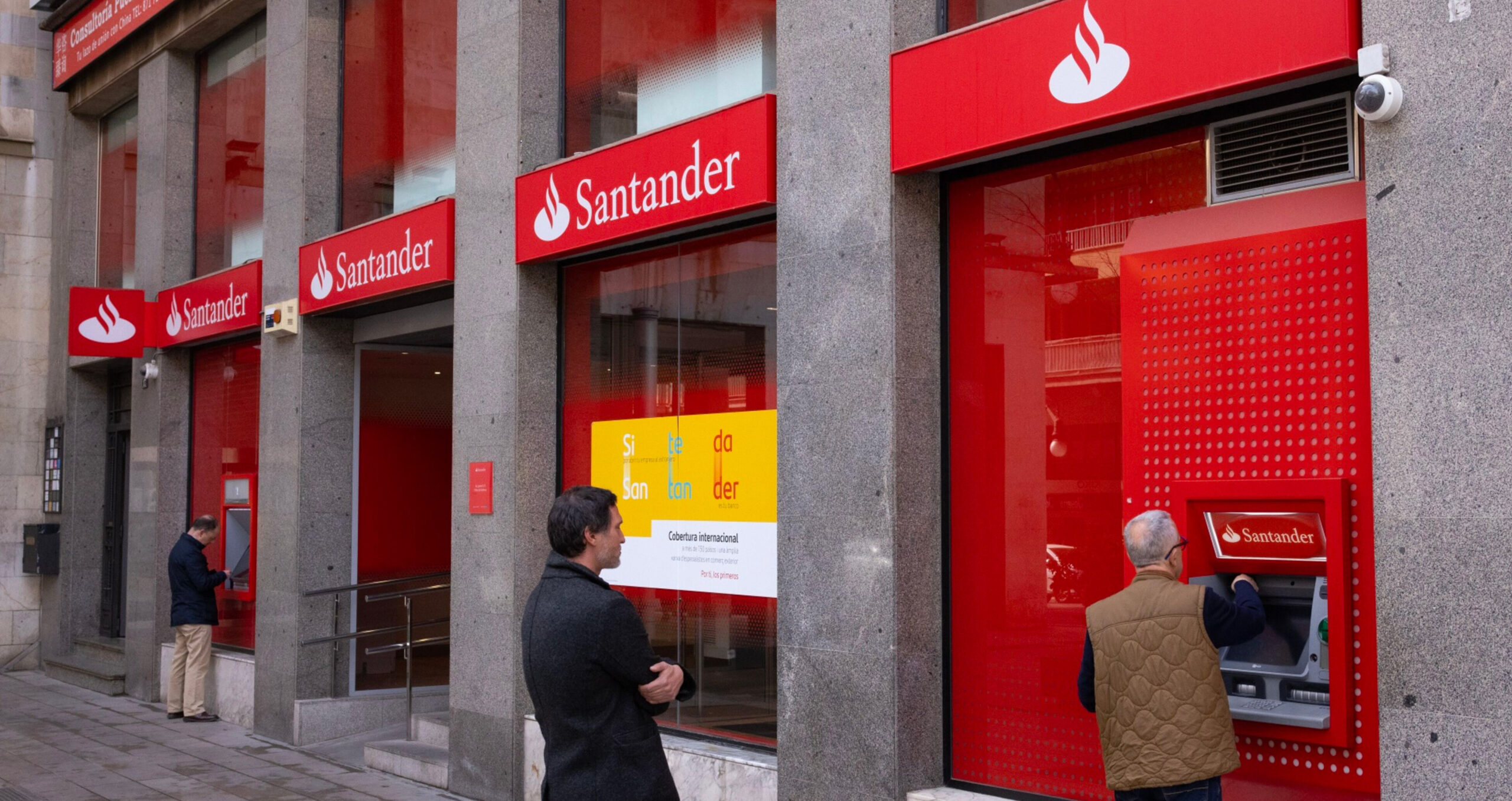

The pandemic has brought the issue of global access into the mainstream for both investors and companies.
When AstraZeneca chief executive Pascal Soriot announced the pharmaceutical company’s decision to begin generating profit on its sales of Covid-19 vaccine in November 2021, some may have perceived this as a step backwards for the societal goal of universal access to medicine. But healthcare stewards and long-term capital had cause to celebrate the fact the vaccines would continue to be sold at cost to the developing world – something other market participants opposed.
Two people familiar with requests put to boards of pharmaceutical companies, including AstraZeneca, and different shareholder groups, describe the disagreement between impact investors aiming to ensure equitable access to vaccines and higher turnover traders, such as US hedge funds, who want to see profitability raised to match the likes of rival Pfizer.
While Pfizer and BioNTech’s vaccine generates a margin in the high 20 percentage points, according to the Financial Times, Soriot defended his company’s pro-access policies, which resulted in “far lower” profitability. “We are all very proud as a company of the impact we’ve had,” he told the FT.
Impact-focused investor coalitions, who consider access to medicine crucial to improving global resilience to systemic risks such as pandemics, have had other reasons to be cheerful. Following a shareholder resolution filed in late 2021 by Legal & General Investment Management, Moderna was successfully pressured to release details of how government funding affects its policies on vaccine pricing and access.
“We applaud Moderna’s openness to engage with us on the important issue of vaccine pricing and access. Additionally, we welcome the fact that the board of directors has clearly reviewed and approved the statement [releasing funding information],” says Maria Larsson Ortino, global ESG manager at LGIM.
In addition to answering LGIM’s request for details of funding arrangements and prices charged to different countries, “the statement gives some colour into how funding relates to specific country prices, and the relationship between pricing and COVID-19 economic ‘value’,” she adds.
In January, Pfizer, Johnson & Johnson, Moderna and AstraZeneca were all sent letters by an investor group led by Dutch fiduciary and asset management company Achmea Investment Management, which asked them to develop policies linking their executive pay to participation in equitable vaccine access mechanisms.
Covid raised awareness
While some impact investor groups were already focusing on the impact of access to medicine, the Covid-19 pandemic has pushed it to the top of the agenda at more mainstream investment houses and their asset owner clients.
Frank Wagemans, senior engagement specialist at Achmea, says: “Access to medicine was already a big theme, and especially during the Covid pandemic a lot of pension funds started thinking about which companies they were invested in.”
Damiano de Felice, director of strategy at the Access to Medicine Foundation, estimates that after Covid-fuelled growth, the AMF is now one of the world’s largest ESG initiatives, and says investors are now better briefed on the topic. “Every day we get more requests from investors who want to know more about the topic and how to work with us,” he says. “We can go directly to the point instead of having a half-hour introduction to the topic.”
De Felice says investors have got better at focusing on the most material ESG issue in the sector – access to medicine rather than, say, climate change – and that the AMF and associated investor groups have now reached critical scale. He is unfazed by stories of short-term investors disagreeing with the coalition, arguing that public debate promotes understanding of the issues at hand.
“This is why it’s great for us to have more than 100 investors, more that $20tn, because when our investors speak to companies they come with a sizeable ownership of the company,” he says.
Different approach
With governments’ indulgence in vaccine nationalism threatening to set back access goals – in October 2021 the UK and Germany had three times as many double vaccinated adults as India, and Amnesty International has described their blocking of patent waivers as “vaccine apartheid” – investors have been pleased with the performance of companies such as AstraZeneca.
“The core of what they’ve been trying to do [is] pretty impressive, and it’s in stark difference to Pfizer,” says Alex Rowe, lead portfolio manager of Nomura Asset Management’s Global Sustainable Equity Fund.
If society’s perception of drug and vaccine manufacturers shifts suddenly, companies in the sector could quickly lose their social licence to operate and profit, he adds. “Companies can operate for a long time in a situation in which there’s obviously an imperfect balance of their impact or value generation, but you very typically see when things get too out of whack, there’s this snap back to equilibrium,” Rowe says. He cites the post-financial crisis crackdown on banks as a typical example.
Areas for improvement
While reactions from the pharmaceutical sector have mostly been welcomed by stewardship groups, there is more to do. Wagemans characterises the call for equitable vaccine access to be tied to executive pay as a “sort of litmus test” in terms of putting words into action. “If you look at the annual report or the CSR report it always looks very nice,” he says. “The real test is if it’s integrated into strategy and into executive remuneration.”
But better access policies do not always lead to greater uptake and resilience. On April 5, Reuters reported that Covax, the procurement mechanism meant to ensure equitable vaccine access, declined an option to buy 332 million doses of Moderna’s vaccine, citing allocation issues such as lack of cold storage, vaccine hesitancy and poorly funded distribution.
With this in mind, investor groups targeting access to medicine have been careful to focus on the setting of responsible and transparent policies, rather than tying drug companies to outcomes. “Over time, we would like to see Moderna, and the entire pharmaceutical sector, share components of their pricing strategy related to cost (R&D, manufacturing, distribution, etc), particularly in cases where there is government funding,” says LGIM’s Larsson Ortino.
“Lobbying of pharmaceutical companies is also increasingly on the agenda,” Wagemans says, asking for greater clarity and insight into “how the board provides oversight of the lobbying practices”.
Other emerging concerns for the healthcare sector and its investors to consider are pressing issues such as anti-microbial resistance, says de Felice.
Meanwhile, Wagemans hopes to see evidence of future-proofing from the pharma sector. “How will you cope with future pandemics, learning the lessons of what we’ve learned from the last few years?” he asks.
Similar Articles

Banks under pressure to reveal data comparing green and fossil fuel spending

With better planning and investment, EV uptake could offer storage and grid flexibility


